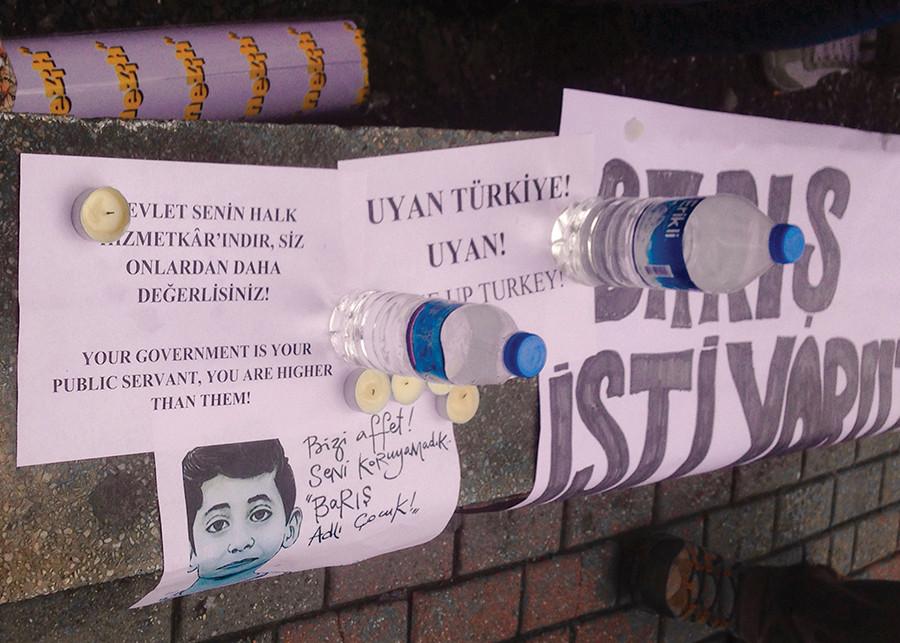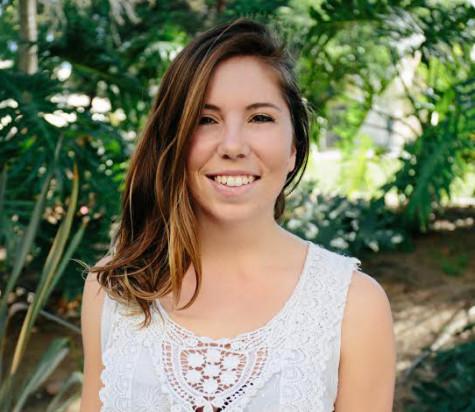Nearly 100 people were killed and hundreds more wounded after a suicide bombing in Ankara, the capital of Turkey.
It is considered to be the largest terrorist attack in the country’s modern history according to a variety of media reports.
The attack took place near a train station where people were gathering to peacefully protest against the conflict between the Turkish state and Kurdish militants.
Eyewitnesses told BBC News that police forces used tear gas right after the explosions and initially would not let ambulances through to rescue the wounded.
So far, no group has come forward to claim credit for the bombings. Turkish Prime Minister Ahmet Davutoğlu and other Turkish officials have accused the Islamic State of orchestrating the attack.
Opposition leader Selahattin Demirtas, of the People’s Democratic Party (HDP), has blamed the government, saying it has “blood on its hands.” The HDP said they were the targets of the bombing.
Following the attack, Davutoğlu announced three days of national mourning, and said there is evidence to believe two suicide bombers were responsible for the blasts. His office also banned media coverage of the attack, a ban that went largely ignored by many organizations. Social media sites like Facebook and Twitter were largely inaccessible throughout the country except through virtual private networks.
Repercussions of the attack are reverberating through the country in cities like Istanbul, where several San Diego State students are studying abroad at Bahçeşehir University (BAU).
Michele Hauer, an SDSU student studying graphic design at BAU, was with a Turkish citizen when she heard about the bombing. Hauer said the citizen expressed concern over the bombing but said it wasn’t anything new for the country.
“For him, it’s another terrible thing that happened and he’s thinking, ‘Why does my country keep having these problems? Why can’t things get better?’ You could definitely see the distress on his face,” Hauer said.
Protesters organized rallies throughout the city, where they carried banners with phrases like “Barış kazanacak,” meaning “Peace will win.”
Reyna Paz, an SDSU student studying international relations at BAU, said she saw a number of peaceful protests.
“There were lots of places with candles and peaceful signs, but most people just walked by, just went about their daily lives without paying attention,” she said. “I think everyone here is scared. It’s a scared country right now.”
One SDSU student, who spoke to The Daily Aztec but wished to remain anonymous out of concern for safety, shared the experience of attending the demonstrations that occurred after the bombings.
“There are two types of protests: the mourning and the ones where people are chanting against the government,” the student said. “At the mourning, people light candles and sit together and talk about the issues with the government. I don’t think enough people are doing that. At the other ones, people walk through the streets shouting things like ‘murderous government’ and ‘you couldn’t protect your people.’”
The student said police harassed demonstrators at one protest.
“The cops came up and started harassing us, being very rude and asking to see our passports,” the student said. “We weren’t even saying anything anti-government, we were saying, ‘We want peace.’”
Sakura Takahashi, an SDSU nutrition major studying at BAU for the semester, said she was fearful when she found out about the attack.
“I’m just a foreigner here,” she said. “I don’t know everything that’s going on. I was at a cafe when I found out what had happened, so immediately when I heard, I said, ‘We should just go home. I don’t feel safe being out here right now.’”
She immediately emailed her parents to tell them she was safe and asked them to tell her grandmother that everything was OK.
“I was most worried for my grandma,” she said. “She already hates that I’m here, and any time she hears about anything happening here she freaks out. I feel bad that I’m always in the back of their heads, that they’re concerned for me. Especially now.”
When she went to attend classes in Beşiktaş, a neighborhood in Istanbul, she found a protest taking place near the campus.
“I was walking to school, and there was a huge group, definitely over a hundred people, and they were completely blocking traffic,” she said. “Everyone was clapping and shouting and walking and cars were honking in support. But it was completely peaceful.”
All three students who spoke to The Daily Aztec agreed the city felt different.
“Some Turkish people were saying, ‘I’m mad at my country. I’m mad that this keeps happening,’” Hauer said. “That was what I noticed. There was an angry atmosphere.”
Despite this tension, Hauer and Paz said they didn’t feel particularly threatened in the city, and their daily routines went largely uninterrupted, save for the fact that the metro line was closed on Tuesday as a precaution.
“I have felt absolutely safe here,” Paz said.
Takahashi disagreed, saying Istanbul is “developed, but it’s not as developed as the U.S. or other European countries. It’s unstable and I can feel it. I don’t feel 100 percent safe.”
However, she also said while her perception has changed, she wouldn’t tell people to shy away from traveling to Turkey.
Many citizens are concerned about the upcoming elections, which may spark more political and cultural turmoil.
“The country is already very separated,” Takahashi said. “Hopefully after the elections, it calms down.”
All three students said they expect the tensions to continue rising.
“I don’t think there is an easy solution,” Hauer said. “Someone’s always going to be unhappy, someone’s always going to be doing something that hurts other people. It’s just a constant fight. I don’t know how it gets fixed from here.”









